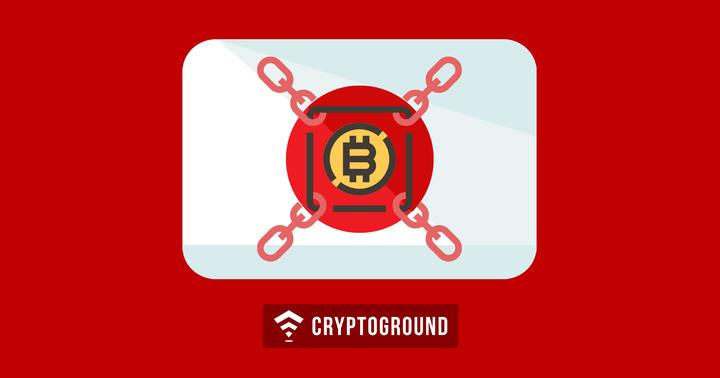Japan’s Financial Services Agency - the national financial regulating is planning to send legal notices to a number of cryptocurrency exchanges in the nation for security flaws. These legal notices will serve administrative punishments upon these exchanges for maintaining low standards of security or lack of proper measures to counter money laundering. Some cryptocurrency exchanges may also be forced to suspend operations in Japan.
When it comes to adapting to Bitcoins and making them mainstream, there is perhaps no other country which is as open and liberal as Japan. Unlike many other nations which have been on a banning spree and are tightening their regulations around cryptocurrencies, the government of Japan has actually fostered these markets and allowed cryptocurrency usage to boom in the nation.
Many stores and banks in Japan accept Bitcoin. Bitcoins are a legal method of payment in the nation, but are yet to be classified as a legal tender. Nevertheless, Japan has been quite progressive and has set an example for other nations to follow.
However, things have changed following the massive $530 Million hack that took place in late January of this year. Coincheck was the cryptocurrency exchange which faced this major hack. The Financial Services Agency is likely to order Coincheck to raise their standards - this will be the second such notice sent to the exchange since the hack. The FSA will also be monitoring Coincheck’s efforts to compensate their investors who were affected by the hack.
The FSA is currently surveying all cryptocurrency exchanges based in Japan and working on discovering flaws in consumer protection. Most exchanges that will be asked to stop their operations in the coming weeks would be unregulated exchanges. As of now there are no names which are revealed by the FSA but more information would be known over the next few days as the agency begins to send out administrative notices and punishments.
Last year, Japan officially became the first nation in the world to regulate cryptocurrencies at a national level. (Something Russia aims at achieving by 1 July 2018). The country has 16 cryptocurrency exchanges which are registered with the financial authorities and another 16 (including Coincheck) are allowed to operate while their applications of being regulated were assessed.
However, following the Coincheck hacks, all the cryptocurrency exchanges, whether regulated - or waiting for approval to be regulated - will now be examined for any lack of security measures. Apart from Coincheck, two other cryptocurrency exchanges Tokyo-based GMO Coin and Zaif, run by Osaka-based Tech Bureau Corp will probably be asked to improve their security standards as per reports from Reuters. For those who may not recall, Zaif is the cryptocurrency exchange which actually gave away Bitcoins for free of cost last month.
Japan going strict on cryptocurrency exchanges is a good move that will ensure that the trust of the consumers stays intact and that the government is doing everything to ensure that their cryptocurrency investments are safe.
























